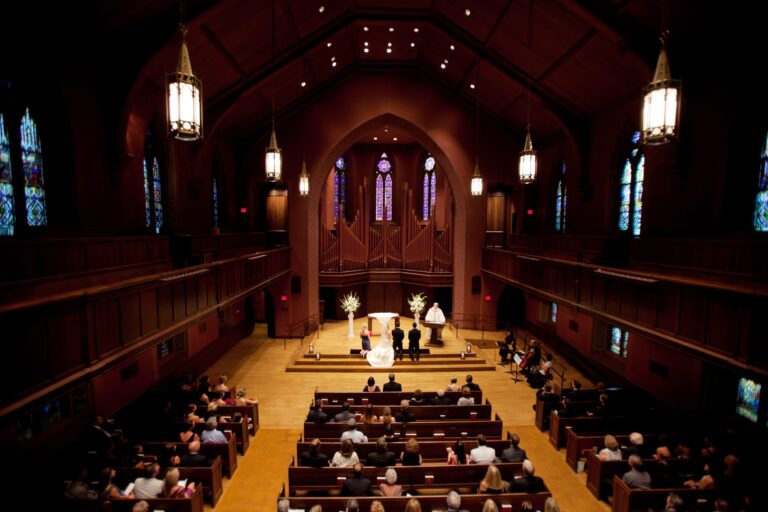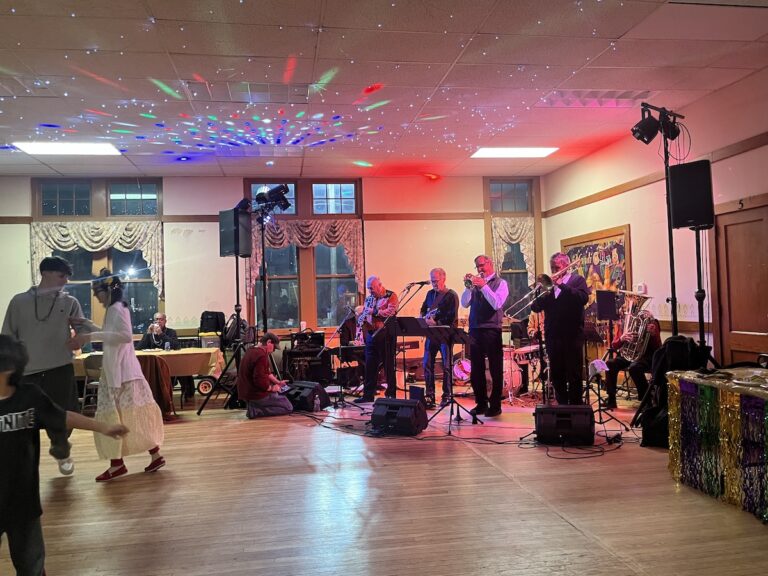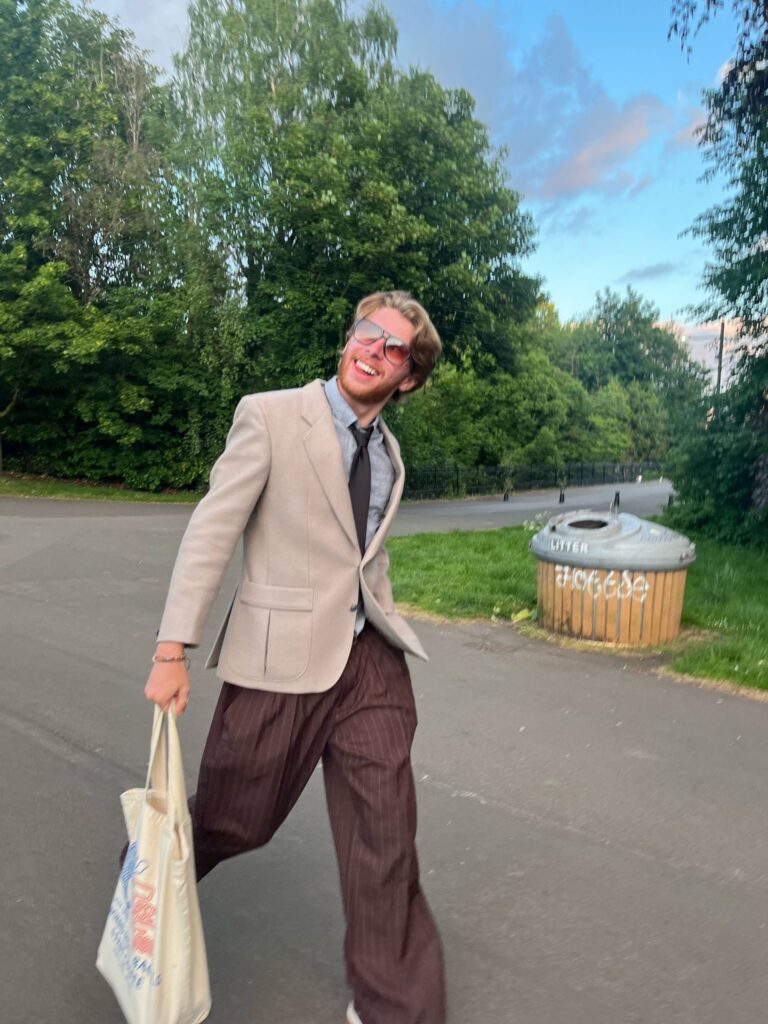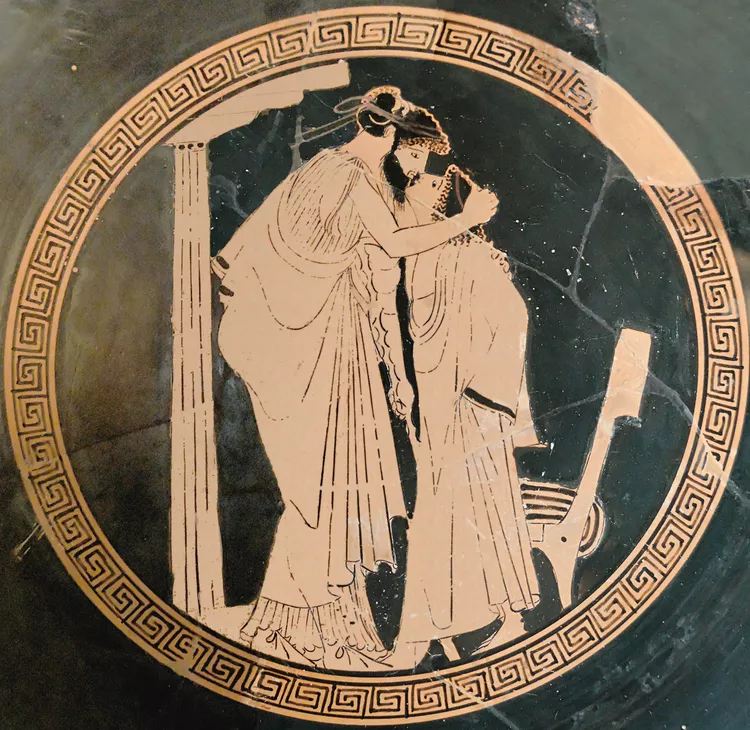Late Night at Usdan and Uninhibited Socialization: Remembering Pre-COVID-19 Wesleyan with the Class of 2023
The class of 2023 is the last major cohort to have experienced life at Wesleyan prior to the COVID-19 pandemic’s onset in early 2020. When the seniors graduate at the end of this month, a significant part of student memory at the University will be gone. Though I, too, am part of the class of 2023, I’m a transfer student and thus have only experienced University life in the wake of the pandemic. With that in mind, I spoke to a few of my fellow seniors about their fondest memories of that far-off 2019-2020 academic year.
Some students reminisced about dining options that have changed since the pandemic. One of the biggest pre-COVID losses was Late Night dining, which was previously located at the Marketplace at Usdan, but has since taken permanent residence in the Summerfields since the Fall of 2020
“I wish Late Night at Usdan was a thing,” Emily Ren Jackson ’23 said. “That was amazing. They had a different menu. They had mac and cheese and mozzarella sticks. It was great.”
Beyond the different food offerings, Late Night at Usdan, being centrally located on campus, also offered students a different social experience than Summerfields, located on the edge of campus in the Butterfields complex.
“It was really cool because Usdan is the center of campus,” Andrew Cao ’23 said. “So you’d just go there and you’d see like a bunch of people that you know, [and] the menu was completely different [from Late Night at Summerfields]. They had a lot more options, [especially] more breakfast options.”
However, the main thing that came to mind for people when I mentioned pre-COVID campus life seemed to be the massive disruption the pandemic brought to social activities at the University and how socialization between students has changed since.
“Freshman year, second semester, I was really settling into my friend groups,” Cao said. “I was going out more. Then COVID hit, and we spent the rest of the semester at home. Then, coming back [in the Fall 2020 semester], I wasn’t even on campus.”
Because of stringent pandemic-related restrictions on social gatherings, students said they often stuck to smaller circles of friends, something that some seniors told me has had a lasting impact.
“People used to either invite people into their homes or go out, and I feel like now, people are getting very comfortable [staying in] their own spaces,” Jackson said. “During COVID [restrictions], everyone had to get used to just being in your room or…just being in your small little circle. I feel like before that, people were everywhere, on the move to meet people and to go to events. It’s nice to have that Zoom backup, but sometimes, I feel like people rely on it too much.”
Even as pandemic restrictions have loosened and there are currently no restrictions on social gatherings at the University, many students say that social life has not returned to its pre-pandemic liveliness.
“One of the things that I miss the most is the old tradition of acoustic bedrooms, [which is] a little niche,” Ella Biehn ’23 said. “There was a senior at the time who would host this acoustic open mic at her house. And the house was always totally just packed with people. Very much not COVID-safe levels of people squashed next to each other. People tried to do it through the pandemic, on Zoom, but I never went because it was like, ‘what was the point?’ I think some people tried to resurrect it the next year, but it never really came back the same.”
Attempts to have get-togethers, artistic events, open mics, and the like over Zoom often fell flat in comparison to their in-person counterparts.
“[Those events weren’t] a thing that you felt like you needed to know anybody to go to,” Tamara Pilson ’23 said. “People just wanted to see people make art and sing and read poetry or do stand-up or whatever, [and meet] completely random people that they never knew before.”
Overall, seniors recounted that prior to the pandemic, student culture was more focused on social gatherings that encouraged new friendships, rather than socializing with already close friends.
“Pre-COVID Wesleyan presented a more engaging culture for its underclassmen students,” Leevon Matthews ’23 wrote in a message to The Argus. “I felt that back then I knew everyone. There [weren’t] heavy restrictions that prevented first year students from going to Fountain parties or getting to know their upperclassmen in dorms like WestCo. COVID unfortunately fragmented tons of friend groups and reinforced Wesleyan’s preexisting “clique vibes” that was often undermined or ignored during weekends. Before COVID, events and parties often lasted longer and people felt more open to bouncing around campus to explore each community Wes offered.”
Ben Togut ’23 said he misses Human Organisms Undertaking Sexy Entertainment, or HOUSE, a student-run collective of drag artists that he had performed with but has since gone defunct, as the students involved graduated, and the pandemic prevented get-togethers.
“I just remember [performing] in the Grotto at ADP, and there were so many people there,” Togut said. “There was this spirit of community, but also something you can’t even really describe that I don’t feel like we have anymore. Even though things are getting back to normal, there’s still this anxiety that people feel when they’re in crowded spaces. [There’s] this uninhibited nature, this uninhibited feeling that everyone could just relax and be in this really crowded space that I don’t think is here anymore.”
Nonetheless, some also saw positives in the massive upheaval that was brought by the COVID-19 pandemic. The re-emergence of campus life after pandemic restrictions represented, in a way, a refreshing blank slate, one which could be more accepting than what came before.
“I think [the] student theater scene at Wes is becoming more inclusive than [before COVID],” Scarlett (Chenchen) Long ’23 wrote in a message to The Argus. “I believe BIPOC theater and multilingual theater is going to be the next big thing.”
With the class of 2023 about to graduate, memories of pre-COVID-19 Wesleyan will fade from campus. Soon, there will be few who even remember institutions like HOUSE, Second Stage, and Late Night at Usdan. However, the constant cycle of students in and out of the University also means that soon, new traditions will emerge, contributing to a culture that the incoming class of 2027 will help to build.
Ben Togut is an Arts & Culture Editor at The Argus
Oscar Kim Bauman can be reached at obauman@wesleyan.edu







Leave a Reply